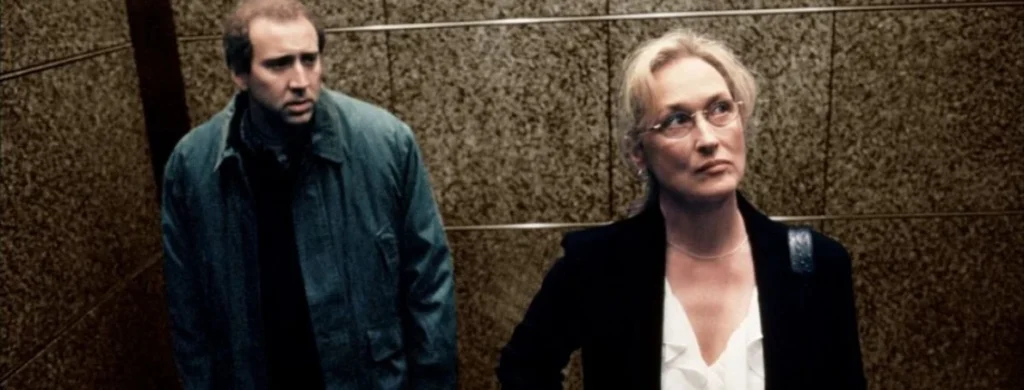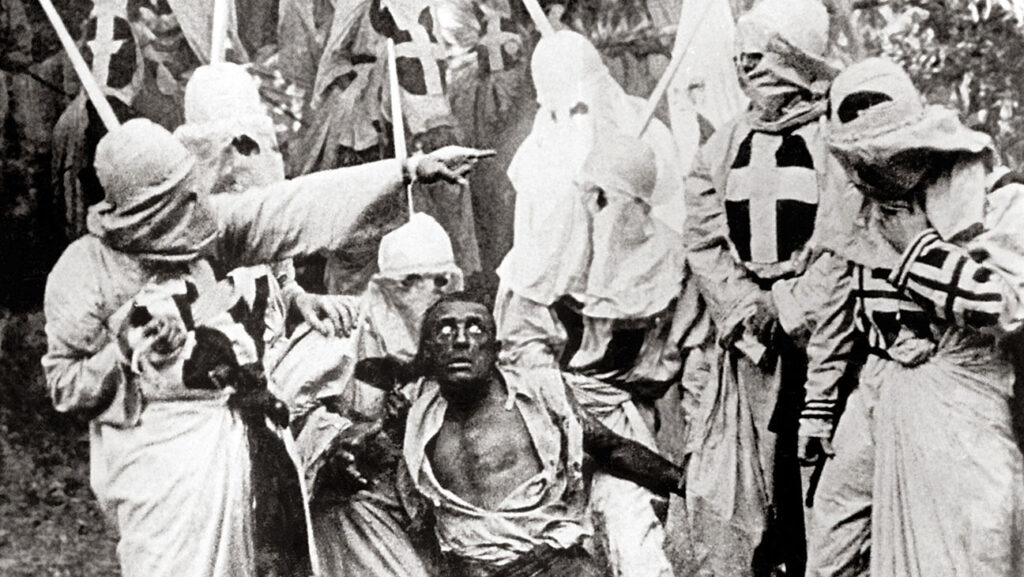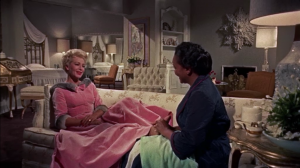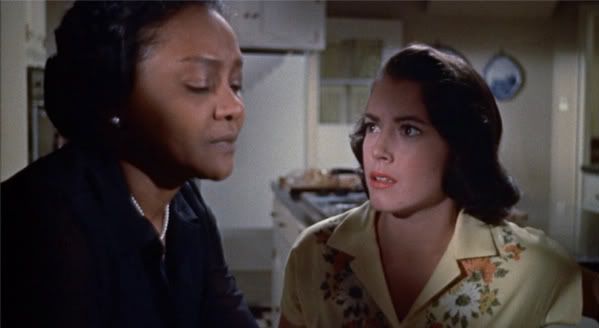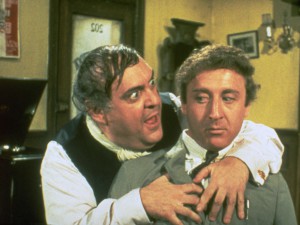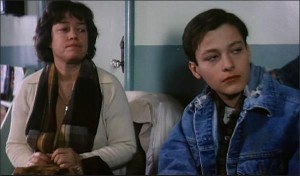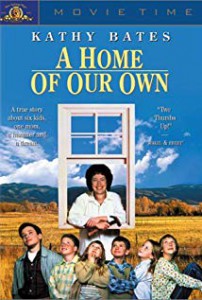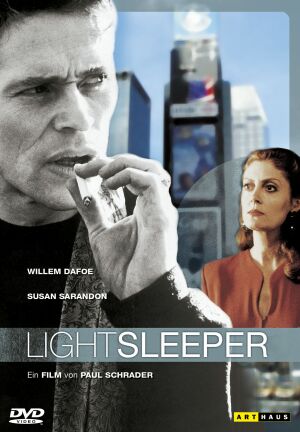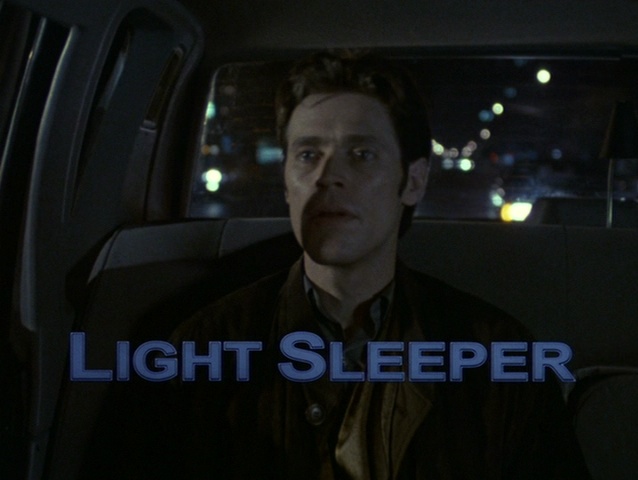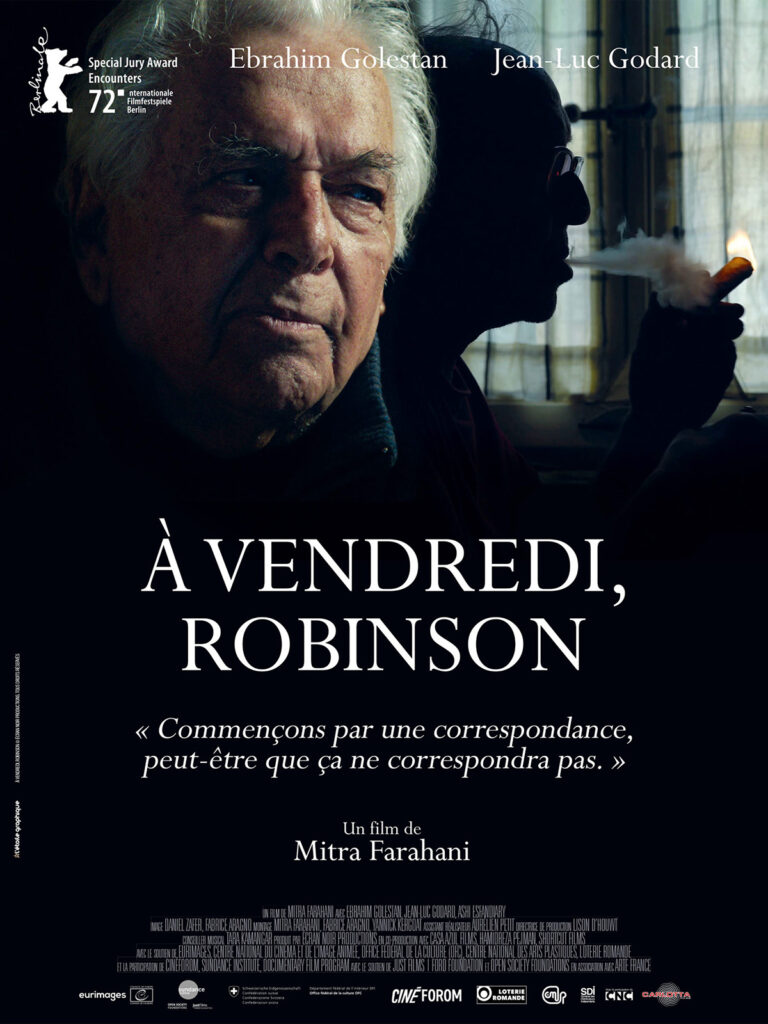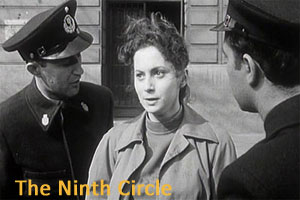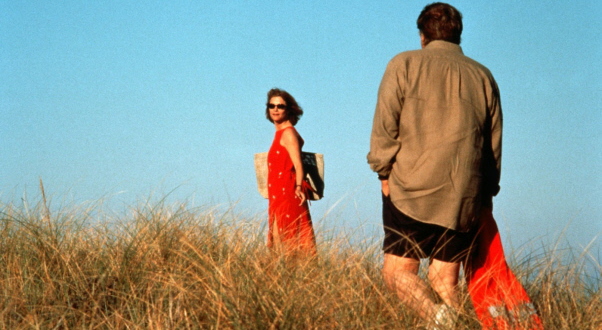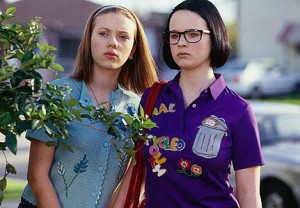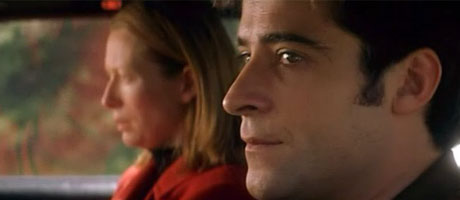From the June 1, 2002 Chicago Reader. — J.R.
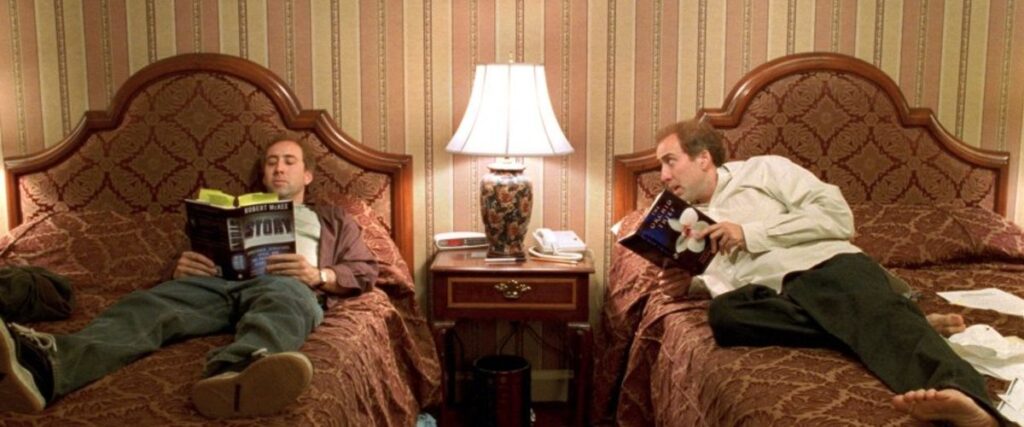
Charlie Kaufman and Spike Jonze, the writer and director of Being John Malkovich, have teamed up on another zany comedy, approximately two-thirds as good. Kaufman shares screenplay credit with an imaginary twin brother named Donald, echoing the story — in which a writer named Charlie Kaufman has a twin brother named Donald. (Both are played by Nicolas Cage.) The real-life Kaufman, assigned to adapt a real-life nonfiction book he admired but couldn’t figure out how to crack, Susan Orlean’s The Orchid Thief, decided to write about his dilemma, alternating bits of the book with a comic saga about writer’s block; to foreground his own schizophrenic split between suffering artist and amiable Hollywood hack, he invented a twin for the latter role. Meryl Streep, who tends to shine in comedies, plays Orlean, and Chris Cooper does an elaborate character turn as her subject, an eccentric flower poacher in the Florida Everglades. This is like a Ferris wheel — it’s enjoyable but it goes nowhere, which I guess is how Ferris wheel rides are supposed to be. With Tilda Swinton and Maggie Gyllenhaal. 114 min. (JR)
